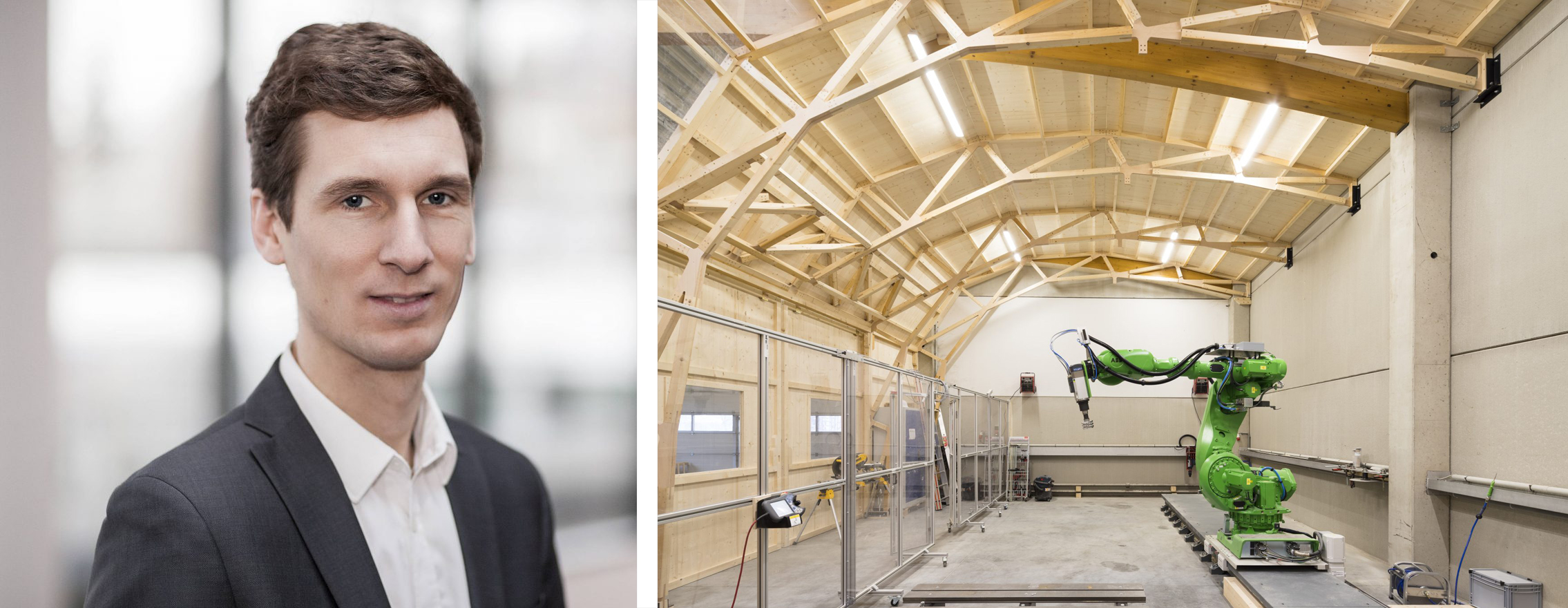| Time: | November 22, 2021, 4:00 p.m. – 6:00 p.m. |
|---|---|
| Download as iCal: |
|
A new edition of our AdvanceAEC Network Partner Seminar will be held online on Monday, 22 November 2021 from 4:00-6:00 p.m.
This event is for Network Partners only. For more information please visit AdvanceAEC.
The rapidly growing world population and the increasing prosperity are creating an unprecedented demand for new homes, workplaces and infrastructure. As demand increases, so too does the scarcity of resources essential to the building process, as well as the environmental pollution. Based on technological developments, the building industry will inevitably fail to provide a viable environment for the estimated 11.2 billion people who will inhabit the earth by the end of this century.
The most important sector in terms of raw material demand is the construction industry. In 2015, this sector alone consumed 47.5 gigatonnes of raw materials worldwide. As described in with an equivalent to roughly 13% of GDP (Gross Domestic Product), the construction-related expenditures totals $10 trillion worldwide, making the construction sector one of the largest of the world economy. Suffering from a remarkably poor productivity relative to the other sectors, with a global labour-productivity growth of only 1% per year in average over the past two decades (global economy 2.8%, manufacturing 3.6%), the productivity of the construction sector has remained stuck at the same level throughout the last century. By comparison, other sectors like agriculture and manufacturing have increased their productivity 10-15 times since the 1950s. In addition, we are facing a growing shortage of skilled labour with no end in sight, and the erosion of craft skills.
These data and developments show that a significant reduction in environmental impact, an enormous increase in productivity and new methods to train skilled engineers and workers are required in the coming years. This will only be possible if we make adjustments at all possible screws: (1) material, (2) structure, (3) manufacturing/ construction technology, accompanied by an assessment of the environmental and economic performance, as well as the development of new training programmes.
The presentation will show possible ways how to contribute to this necessary development and present strategies for the design, optimisation and construction of the buildings of tomorrow. Special emphasis will be placed on the interaction between science, economy and craftsmanship. In detail, the design and structural optimisation of wood and concrete shell structures, as well as their production and erection, will be presented. In addition, a new lecture format established at the BUKU will be presented, focusing on digital design and automated construction.

Mr. Kromoser was appointed as a research associate at the TU Wien at the Institute for Structural Engineering from 2012-2015 (Prädoc) und 2015-2018 (Postdoc). In 2016 he spent 6 months at the Institute for Lightweight Structures and Conceptual Design at the University of Stuttgart. In 2015 he finished his PhD at the TU Wien. Since 2014 he works as self-employed structural engineer and developer. In 2018 he was appointed as Professor for Biobased Design at the University of Natural Resources and Life Sciences (BOKU) and is leading the Research Group for Resource Efficient Structural Engineering. Since 2019 he is also deputy head of the Institute of Structural Engineering. Since 2021 he is speaker of the doctoral school BUILD.NATURE at BOKU. His main research interests are in the field of resource efficient structural engineering with focus at structural optimisation, dimensioning, experimental testing and automated production methods as well as life cycle assessment of concrete, timber and hybrid structures.
The access data is restricted to our partners. Please log in to access the event credentials.


